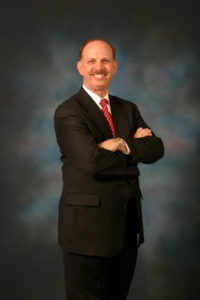Florida Gov Signs Sweeping COVID-19 Liability Protections Into Law

On March 29, 2021, Florida Gov. Ron DeSantis signed a bill that protects businesses, governments, and healthcare providers in Florida from COVID-19 lawsuits if they make a reasonable effort to follow guidelines to prevent the spread of coronavirus (whatever that means). Specifically, the measure gives civil immunity to corporations, hospitals, nursing homes, government entities, schools, and churches as long as the alleged negligence doesn’t involve gross negligence or intentional misconduct. The House Passed S.B. 72 on March 26, in an 83-31 vote, and DeSantis signed it the same day he received it from the […]


 By George F. Indest III, J.D., M.P.A., LL.M., Board Certified by The Florida Bar in Health Law
By George F. Indest III, J.D., M.P.A., LL.M., Board Certified by The Florida Bar in Health Law By George F. Indest III, J.D., M.P.A., LL.M., Board Certified by The Florida Bar in Health Law
By George F. Indest III, J.D., M.P.A., LL.M., Board Certified by The Florida Bar in Health Law By George F. Indest III, J.D., M.P.A., LL.M., is Board Certified by The Florida Bar in Health Law
By George F. Indest III, J.D., M.P.A., LL.M., is Board Certified by The Florida Bar in Health Law